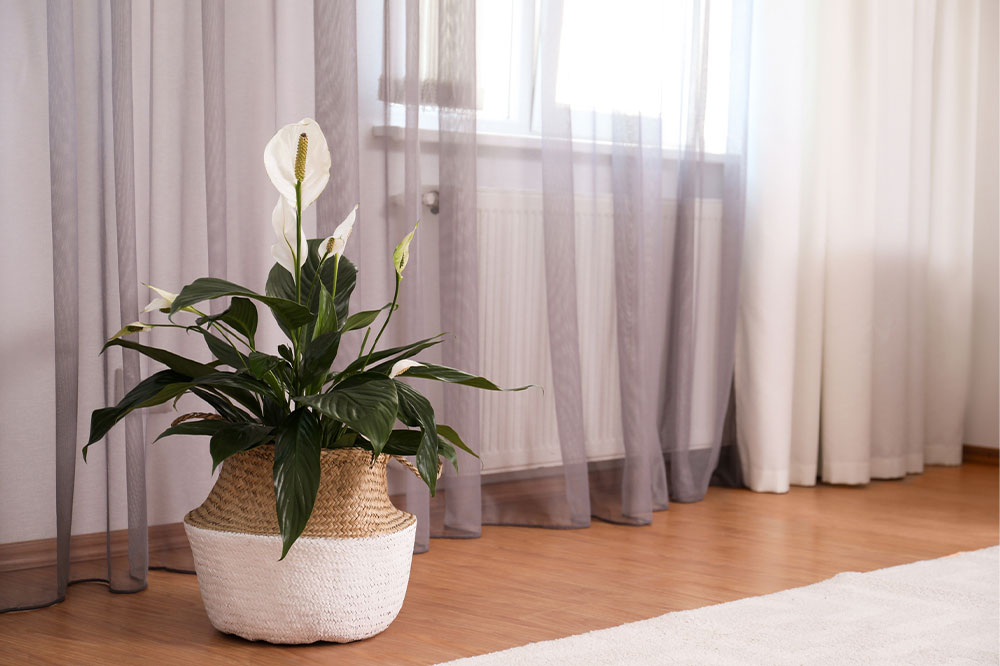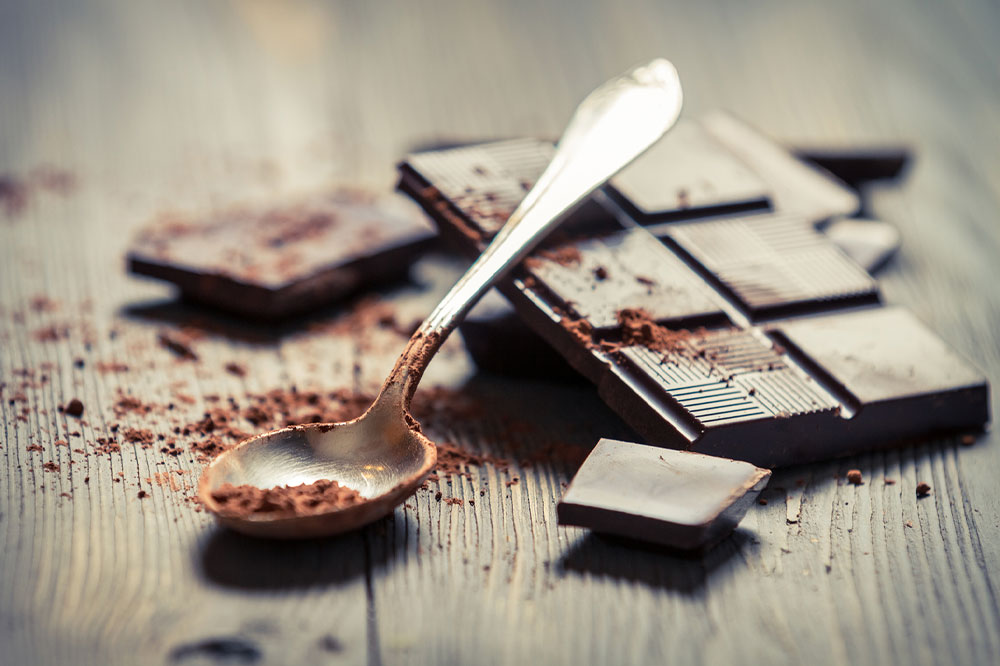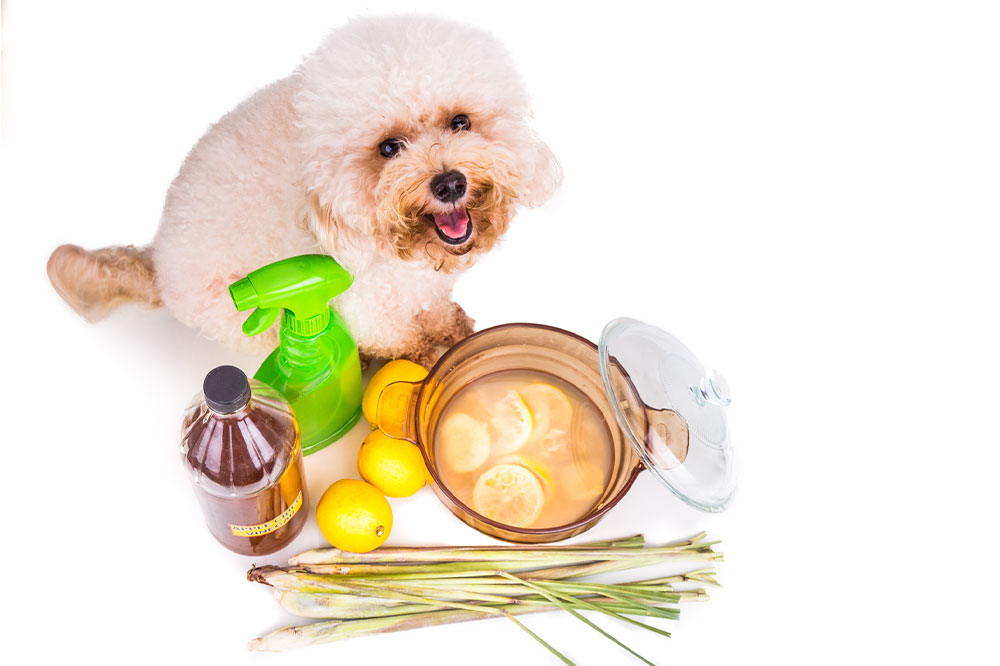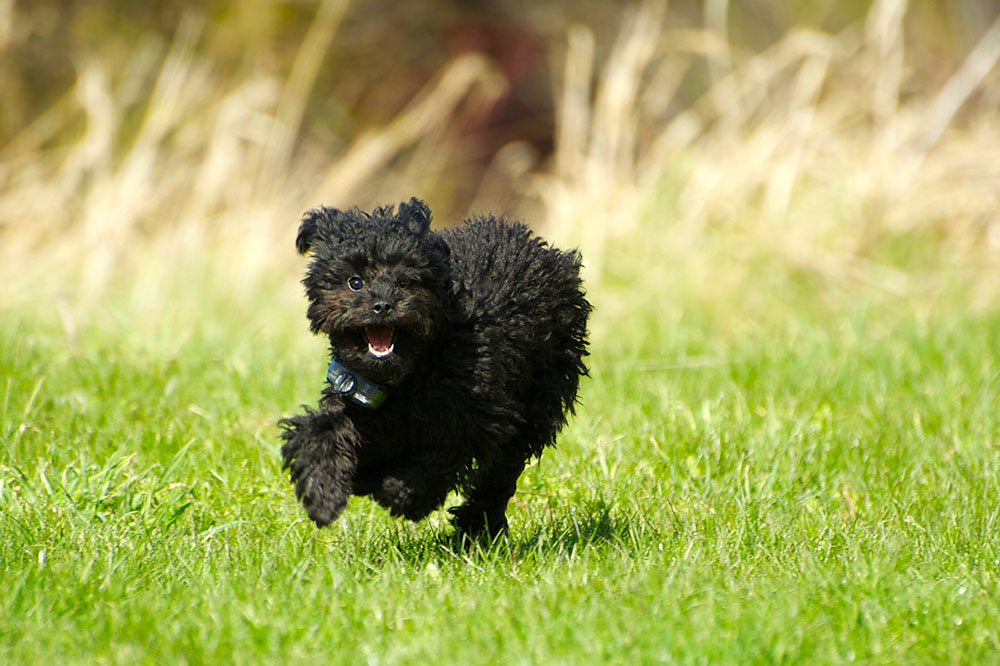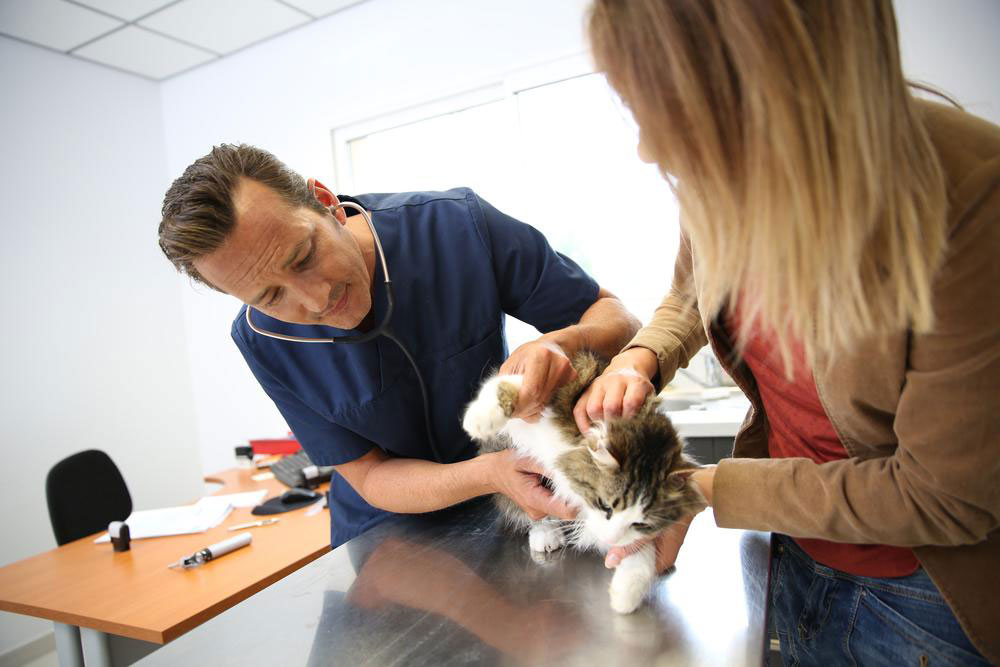Essential Guide: Human Foods That Can Harm Your Cat and What to Avoid
Discover essential information about human foods that are dangerous for cats. Learn which common foods to avoid and how to keep your feline safe. This detailed guide highlights the dangers of chocolates, dairy, caffeine, onions, grapes, and raw bread dough, offering pet owners vital tips for preventing accidental poisoning. Understanding these risks can help you protect your cats from serious health issues, ensuring they stay healthy and happy. Proper pet care includes being aware of harmful human foods and providing safe, nutritious treat options designed for feline health.
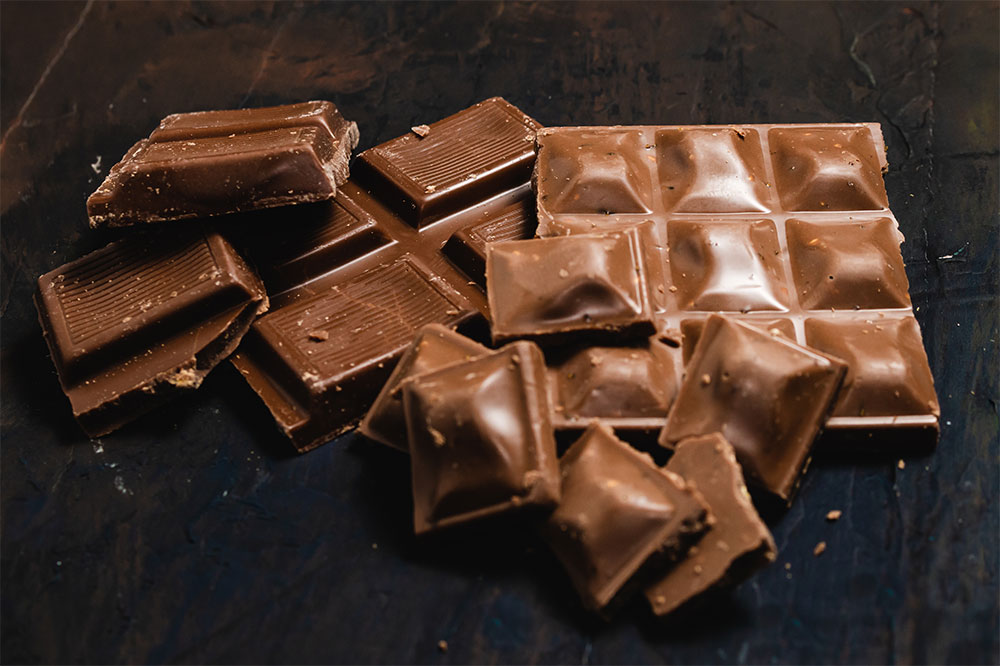
Understanding Dangerous Foods for Your Feline Friend: A Comprehensive Guide
Owning a cat comes with the joy of companionship and moments of playful curiosity. Cats are naturally curious creatures and often explore their environment by nibbling on different objects, including your food. While it’s tempting to share snacks with your furry friend, it's crucial to be aware of certain human foods that can pose serious health risks to cats. Many common foods we enjoy are actually toxic or harmful to our pets, leading to digestive upset, poisoning, or even life-threatening conditions. This comprehensive guide aims to inform cat owners about the specific human foods to avoid feeding their feline companions to ensure their safety, health, and happiness.
The Dangers of Chocolate
Chocolate is universally loved by humans, especially dark and baking chocolates that contain high levels of methylxanthines such as theobromine and caffeine. These substances are highly toxic to cats. Ingesting even small amounts of chocolate can result in a range of adverse symptoms including excessive thirst, uncontrollable tremors, irregular heart rhythms, vomiting, diarrhea, seizures, agitation, and potentially coma. The severity of poisoning depends on the type and amount of chocolate consumed, making it vitally important to keep chocolates out of reach. Always store chocolates securely and educate family members and guests about the dangers of feeding human foods to pets.Dairy Products and Lactose Intolerance
Many cat owners assume dairy products like milk are safe treats for their pets, as cats are often depicted enjoying a bowl of milk. However, most adult cats are lactose intolerant due to a decline in the enzyme lactase, which is necessary to properly digest lactose, the sugar found in milk. For these cats, consuming dairy can lead to gastrointestinal issues such as diarrhea, vomiting, bloating, and abdominal discomfort. It's better to avoid feeding cats dairy altogether and opt for specialized cat treats or water as safe hydration options. If you want to indulge your cat with a dairy alternative, consult your veterinarian for safe options designed specifically for feline consumption.Caffeinated Beverages and the Risks of Stimulants
Beverages containing caffeine — including coffee, black and green tea, soft drinks like soda, energy drinks, and even certain flavored water products — pose significant health hazards to cats. Caffeine stimulates the central nervous system, and ingestion can lead to hyperactivity, restlessness, rapid breathing, increased heart rate, tremors, and even seizures. In severe cases, caffeine poisoning can be life-threatening, requiring emergency veterinary intervention. Keep all caffeinated drinks well out of reach of cats and educate household members not to feed them any beverages containing caffeine. Water remains the safest and healthiest liquid for your feline companion.Onions, Garlic, and Related Alliums
Onions, garlic, shallots, leeks, chives, and scallions belong to the allium family and contain compounds called thiosulfates and disulfides. When ingested, these substances damage red blood cells, leading to a condition known as hemolytic anemia. Symptoms of onion or garlic poisoning include weakness, lethargy, pale gums, rapid breathing, and an increased heart rate. If left untreated, anemia can become severe and potentially fatal. It’s crucial to keep these vegetables and powders away from cats, especially as they may be present in seasoned foods or as ingredients in homemade or processed dishes. Always check ingredient lists and avoid feeding cats any food containing onions or garlic.Grapes, Raisins, and Their Toxic Effects
Grapes, raisins, currants, and sultanas are surprisingly common ingredients in snacks, baked goods, and even pet treats. Despite their appeal, these fruits are extremely toxic to cats and can cause rapid onset kidney failure. Symptoms of grape or raisin poisoning include vomiting, diarrhea, abdominal pain, dehydration, reduced appetite, and decreased urination, which can lead to life-threatening kidney damage. There is no established safe dose for consuming grapes or raisins, so it’s best to completely avoid feeding them to cats. Keep these fruits stored securely and educate family members about their potential harm to prevent accidental ingestion.Raw Bread Dough and Its Dangerous Yeast Content
Raw bread dough contains yeast, which ferments in the stomach, producing alcohol and carbon dioxide. When ingested by cats, this can cause serious health issues, including stomach expansion, alcohol poisoning, and in some cases, require emergency surgery to remove the dough or to treat intoxication. The alcohol produced can depress the central nervous system, leading to disorientation and respiratory issues. To prevent such accidents, always keep raw dough out of reach, especially during baking or in the kitchen. Be vigilant about sealing containers and keeping ingredients stored safely away from curious cats.While many common human foods are harmful to cats, there are numerous specially formulated treats designed to promote their health and well-being. High-quality brands like Blue Buffalo, INABA, and GREENIES™ offer nutritious, protein-rich options that contain essential vitamins and minerals. These treats are developed specifically for cats' dietary needs and should be given in moderation to prevent overfeeding. Regularly consulting with your veterinarian can help you choose the best treats for your pet's specific health requirements, ensuring they enjoy tasty snacks without risking their health.
